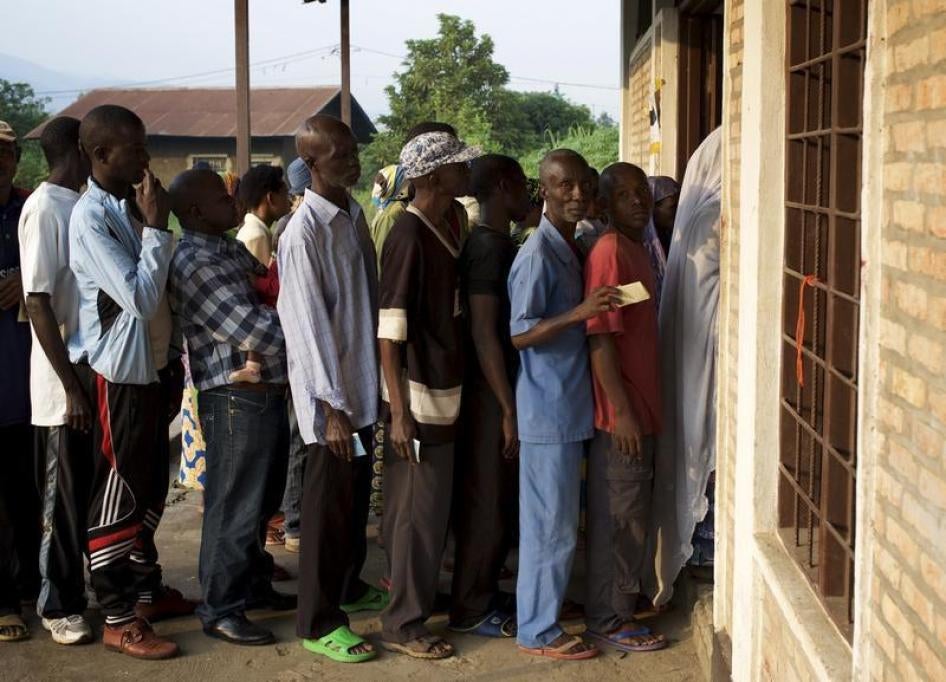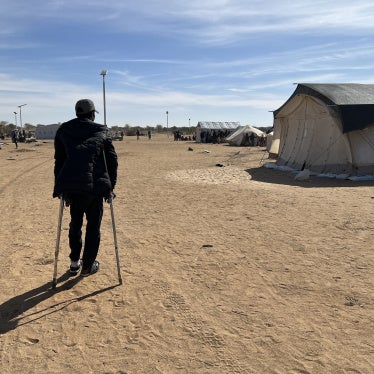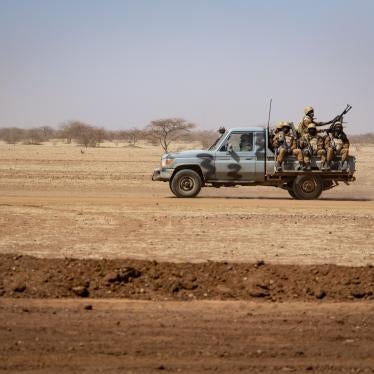Yesterday, Burundians went to the polls to elect local and parliamentary representatives, in the country’s most controversial elections for many years. Initial reports indicate a low turnout; many people chose to stay at home. After weeks of police violence, fierce clashes between demonstrators and the police, scores of deaths, and the closure of most private radio stations (the main source of news in the country), it is no wonder many Burundians are not in the mood to vote.
Demonstrations against President Pierre Nkurunziza’s bid for a third term have been taking place for almost two months. Brutal police tactics ensured that they fizzled out in mid-June, but the frustration and anger remain, with some protestors resorting to violence.
Almost all opposition parties are boycotting the elections. For them, and many other Burundians, the victory of the ruling party is a fait accompli. The African Union, the European Union, and other election observers seem to agree, and are not observing the polls because conditions for free, fair, and credible elections have not been met.
When I was in Burundi last week, I found nearly everyone I met gripped by fear. Almost all the Burundians I spoke to, even those with no interest in politics, were thinking about leaving the country, joining more than 100,000 who have already fled. Our conversations invariably ended with: “What can we do? We’re waiting to see what happens.” A sad resignation echoed among this usually dynamic and vibrant population.
The capital, Bujumbura, felt empty and tense. During the day, people went about their business, despite frequent grenade explosions. But shops, restaurants, and bars closed early, and instead of the usual traffic jams in the afternoon rush-hour, the avenues were almost deserted. Clusters of heavily armed police gathered on street corners, stopping and searching vehicles.
When I travelled outside the capital, the atmosphere was equally gloomy. Arrests of opposition party members, threats against suspected demonstrators, and fatal shootings in the provinces have received little attention because of the media blackout. Yet these abuses are occurring across the country.
The big news last week: the defection of Burundi’s second vice-president, the most senior in a long line of government or ruling party officials who have publicly denounced Nkurunziza and accused him of leading the country to political and economic ruin. He has since been joined by the president of the National Assembly.
Although the circle of supporters around Nkurunziza is shrinking, so far this has not deterred him from clinging to power, trampling on civil liberties, and forging ahead with elections that have been widely described as lacking credibility. He has remained deaf to the advice of his allies and ignored appeals by African and Western diplomats.
It is not too late to pull back from the brink. Presidential elections are due to take place on July 15 and senatorial elections on July 24. The government should take immediate, concrete measures to defuse tensions and restore public trust: lift the ban on radio stations, order the police not to use excessive lethal force, and let people express themselves freely and peacefully. These simple actions would show the government’s commitment to preserving Burundi’s precious democratic advances.
Failure to do so could set the country back by years.









